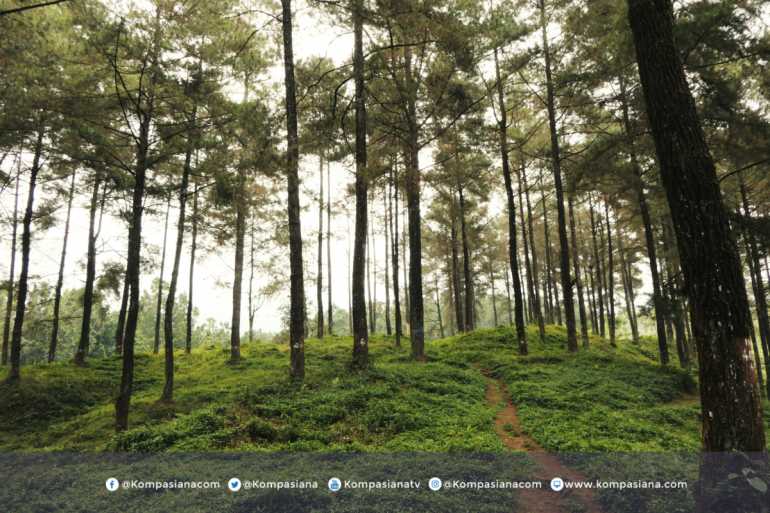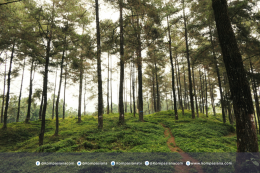So we all have heard the word "global warming" at some point in our lives before, but have you ever heard about "global boiling"? A lot of people have thought that global warming is simply just about the earth rapidly heating up because of human activities, but no, there is actually more to that.
Global warming is the rapid increase in the earth's temperature since the pre-industrial period, caused by the greenhouse effect or human activities. The hottest year on record of global warming is 1.43C or (2.57F) on January and October 2023. The greenhouse effect is the process of greenhouse gases trapping the heat of the earth's atmosphere. The 7 greenhouse gases are:
Carbon dioxide (CO2)
-
Methane (CH4)
Nitrous oxide (N2O)
Hydrofluorocarbons (HFCs)
Perfluorocarbons (PFCs)
Sulphur hexafluoride (SF6)
-
Nitrogen trifluoride (NF3)
The greenhouse effect is a natural phenomenon; however, as humans started to engage more in these activities such as deforestation, livestock farming, burning coal, fossil fuels, and natural gas, the greenhouse gases have increased more rapidly which causes the earth to heat up more than it should be. For those who aren't familiar with livestock farming, it is the practice of raising animals for their products to provide labor such as meat, eggs, milk, fur, leather, and wool.
Global warming is serious and has caused a lot of negative effects. Some of them are the increase in temperature, rise in sea level, melting arctic sea ice, shifting seasons, severe storms, and a lot more. 95% of the oldest and thickest ice in the Arctic is already gone. The Arctic is warming twice as fast, and it is surprisingly contributing to global warming. But how? Since they are darker in color, the ocean and land absorb more incoming solar radiation, and then release the heat to the atmosphere which causes more global warming
The ozone layer is a protective barrier that prevents harmful ultraviolet sunlight radiation from reaching the surface of the earth. Unfortunately, because of the human activities listed before, a hole has been formed in the ozone layer, which allows more ultraviolet sunlight to come in and harm the people, plants, and animals living under it. This isn't the cause of global warming, but it's still bad, and it happens for the same reason that causes global warming.
So, what is the global boiling era? It is the same as global warming but more intense. Extreme weather events and patterns, intense periods of heatwaves, climate-related disasters, and others. It has the same cause as global warming.
If the earth is this badly damaged by us people, what can we do to help? To decrease the effects of global warming or boiling is just do the best we can do by saving energy at home, walking or biking instead of using planes, trains and automobiles, reducing, repairing, recycling, throwing away less food, and starting reforestation. They are simple to do, so it wouldn't be a pain to do all of those. Remember that we are constantly damaging the world, and even if doing all these things does very little to the earth, it still does help a lot.
In conclusion, global warming has been getting more intense, which started a new era called "global boiling". The effects are getting worse as we continue to do the activities that cause global warming, and trying to tell everyone living on the earth to stop still won't help. We caused all of these and are responsible for it, so we try to do our best to decrease the effects of global warming even if it only does a little.
Sources
Hottest year in record: https://edition.cnn.com/2023/11/09/climate/global-warming-hottest-year-history-climate-intl
Melting of ice contributes to global warming: https://scied.ucar.edu/learning-zone/climate-change-impacts/climate-and-ice
95% of the oldest and thickest ice in the Arctic is gone: https://www.worldwildlife.org/pages/why-are-glaciers-and-sea-ice-melting
Baca konten-konten menarik Kompasiana langsung dari smartphone kamu. Follow channel WhatsApp Kompasiana sekarang di sini: https://whatsapp.com/channel/0029VaYjYaL4Spk7WflFYJ2H







